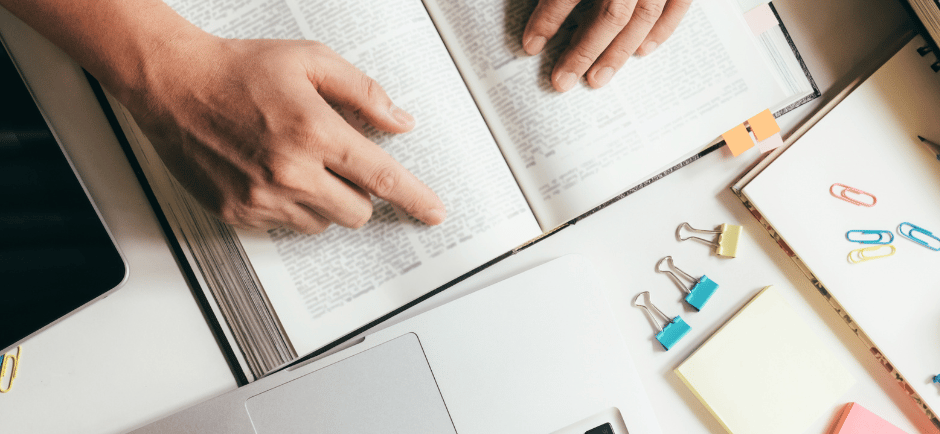The Impact of Pornography Addiction on Academic Performance
Discover how pornography addiction can negatively affect academic performance and learn about its impact on students' ability to succeed in their studies.


The Impact of Pornography Addiction on Academic Performance
As technology continues to advance and become more accessible, the issue of pornography addiction has become a growing concern, particularly among students. In recent years, there has been a growing body of research investigating the correlations between pornography consumption habits and academic achievement. This article aims to delve into this topic and explore the various factors that may contribute to the impact of pornography addiction on academic performance.
Cognitive Distraction and Pornography Addiction
One of the key factors that researchers have identified in the relationship between pornography addiction and academic performance is cognitive distraction. Engaging in excessive pornography consumption can lead to cognitive overload, making it difficult for students to concentrate on their studies. The explicit and stimulating nature of pornography can hijack the brain's reward system, leading to a constant craving for more and making it challenging to focus on academic tasks.
Furthermore, the graphic nature of pornography can create intrusive thoughts and mental imagery that can be distracting during study sessions or while attending lectures. This cognitive distraction can significantly impact a student's ability to retain information, process new concepts, and perform well in exams.
Time Management and Pornography Consumption
Another crucial aspect to consider when examining the correlation between pornography addiction and academic performance is time management. Excessive pornography consumption can consume a significant amount of time that could otherwise be used for studying or engaging in productive activities. Students who struggle with pornography addiction often find themselves spending hours consuming explicit content, which can lead to neglecting their academic responsibilities.
Moreover, the addictive nature of pornography can result in a loss of control over one's time. Students may find themselves procrastinating, constantly seeking out pornography, and neglecting their academic deadlines. This lack of effective time management can have a detrimental impact on their academic performance, leading to poor grades and missed opportunities for learning and growth.
Self-Regulation Skills and Pornography Addiction
Self-regulation skills play a crucial role in academic success. Students who struggle with pornography addiction often face challenges in regulating their impulses and managing their behaviors. The constant availability of pornography through the internet makes it difficult for individuals to resist the temptation and engage in healthier activities.
Additionally, pornography addiction can lead to feelings of guilt, shame, and low self-esteem, which can further hinder a student's ability to focus on their studies. These negative emotions can create a cycle of addiction, where students turn to pornography as a coping mechanism, further exacerbating their academic struggles.
Interventions and Support for Students
Recognizing the detrimental impact of pornography addiction on academic performance, it is essential for educational institutions to provide support and resources for students who may be struggling with this issue. Here are a few potential interventions that can help students overcome pornography addiction and improve their academic performance:
- Educational Programs: Schools and universities can implement educational programs that raise awareness about the negative consequences of pornography addiction and provide students with strategies for healthier coping mechanisms.
- Counseling Services: Offering counseling services specifically tailored to address pornography addiction can provide students with a safe space to seek help and guidance in overcoming their addiction.
- Time Management Workshops: Providing workshops and resources on effective time management can assist students in prioritizing their academic responsibilities and reducing the time spent on pornography consumption.
- Support Groups: Creating support groups or online communities where students can connect with others facing similar challenges can offer a sense of belonging and encouragement on their journey to recovery.
- Technology Filters: Implementing technology filters or parental control software can help students limit their access to explicit content and reduce the temptation to engage in pornography consumption.
Conclusion
Pornography addiction can have a significant impact on a student's academic performance. Factors such as cognitive distraction, time management challenges, and difficulties in self-regulation can all contribute to poor academic achievement. It is crucial for educational institutions to recognize this issue and provide appropriate support and interventions to help students overcome pornography addiction and succeed academically.
By raising awareness, offering counseling services, providing time management workshops, creating support groups, and implementing technology filters, educational institutions can empower students to break free from the grip of pornography addiction and regain control over their academic pursuits.


